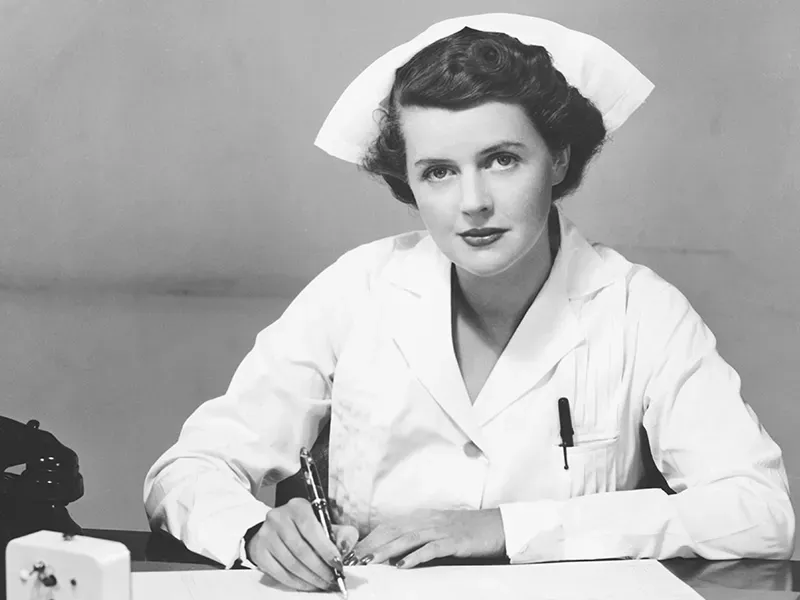When was the NHS set up?
By Gemma Raw
For most of us living in the UK today, the NHS has been part of our lives since we were born. However, despite valuing the access you have to free healthcare, you may not be fully aware of the history of the NHS and the historically important role it's played in transforming the health and wellbeing of our nation.
So, when was the NHS set up? And are its original aims and principles preserved in the institution we know today?
Healthcare before the NHS
Healthcare before the NHS looked very different. If you needed a medical consultation or treatment you generally had to pay for it. Those who were ill but couldn't afford to pay had to rely on charitable institutions, such as 'voluntary' hospitals, or the old workhouse hospitals, run by local authorities.
History of the NHS
The NHS was founded on a vision that took shape during the dark days of World War II. A report by the social economist William Beveridge proposed a ground-breaking and radical 'cradle to grave' social programme. Identifying society’s five ‘great evils’ (want, disease, ignorance, squalor and idleness), he proposed an ambitious system designed to set new standards for citizen welfare, a system we now call the 'welfare state'. This included the idea of a free national health service.
By the end of the war, the concept of an integrated, state-funded healthcare system had become established as part of planned far-reaching social reforms. The newly-elected Labour government, led by Clement Atlee, set about making Beveridge's vision a reality. Health Minister Aneurin Bevan, a former miner and committed socialist, was tasked with creating a new nationwide system based on the principle that healthcare should be free at the point of use, comprehensive and available to all.
In 1948 the NHS was founded.
Bevan called the NHS the 'biggest single experiment in social service that the world has ever seen'. There were 14 regional hospital boards, 36 boards of governors for teaching hospitals, 388 hospital management committees, 138 executive councils and 147 local health authorities.
For the first time, a network of General Practitioners (or family doctors) was created. As they are today, they were responsible for primary healthcare services and were also in charge of referring patients to hospitals and other care pathways.
The NHS today
70+ years after the NHS was set up, it remains at the heart of UK life. It has gone through many changes, improvements and updates and in many ways, has exceeded expectations.
Read about the NHS, the different types of NHS careers and how the NHS is funded.
For more information on NHS careers, read our collection of blogs.
